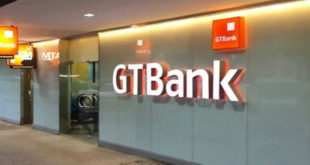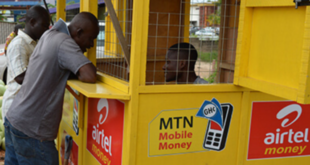Nana Kwame, who is also known as Freedom Jacob Caesar, said this in a Twitter post on Thursday, March 10, 2022.
“Good morning Ghana our cedi is depreciating almost 8 cedis to a dollar. I think the Bank of Ghana has more to worry about than a Freedom coin that’s not even launched. 🤩”
His comments come after the BoG released a statement on Wednesday, March 9 about the yet-to-be-launched digital currency.

In the press release signed by the Central Bank’s Secretary, Sandra Thompson, explicitly cautioned Ghanaians to avoid dealing with the cryptocurrency, as it has not been approved to operate in Ghana’s financial system.
“It has come to the attention of Bank of Ghana that there is an impending launch of a cryptocurrency named “Freedom Coin”. The public is hereby cautioned that neither this cryptocurrency nor the promoting company has approval from Bank of Ghana to operate in the banking and payment sector,’” sections of the notice read.
In furtherance, BoG repeated in the statement that it has not approved the use of any cryptocurrencies in the country, and individuals trade in them at their peril.
“Cryptocurrencies such as Bitcoin are not regulated under any laws in Ghana, and are therefore not backed by any guarantees or safeguards.”
“The general public” is therefore admonished “to exercise caution in respect of cryptocurrency transactions.”
According to Apex Bank, this directive is in agreement with notice NO.BG/GOV/SEC/2018/02, which is issued on 22nd January 2018. The notice can be found on the Bank’s website.
To conclude, the bank directed “all licensed institutions including banks, specialized deposit-taking institutions, dedicated electronic money issuers and payment service providers to refrain from facilitating cryptocurrency transactions via their platforms or agent outlets.”
Bank of Ghana’s Statement
Freedom Jacob Caesar is also an industrialist, philanthropist, and magnate in Ghana’s real estate. His Kwarleyz Group is the parent company for numerous brands such as, Belfast City & Property management, Petronia City Construction, and Wonda World Estates.
View this post on Instagram
Source : GhArticles.com
 GhArticles.com Every News in Detail
GhArticles.com Every News in Detail



